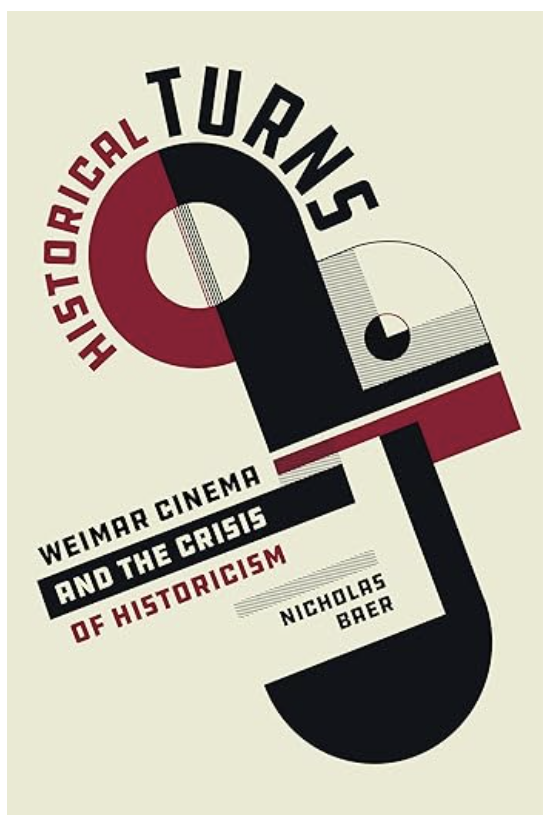WeimarCinema.org
Search:
FALL EDITION 2024

Alfred Abel as Joh Fredersen and Brigitte Helm as Robot Maria (Maschinenmensch)
Note from the Editors
In this issue, we present a new dossier on Metropolis as part of our ongoing "Featured
Classics" series. A brief description of this experiment in film archaeology can be found
here. We also include a new dossier in our "Extended Canon" series on Anders als die
Andern (Different from the Others), curated by Ervin Malakaj and Shoshana Schwebel.
We're planning to expand our Film Dossiers section and invite your suggestions for
additional titles. If you would like to curate a dossier on a Weimar film based on archival
material, please click here.
In addition to the announcement of current publications, this issue also features an essay
by Brenda Benthien on Lichtspiel, Daniel Kehlmann's new novel about G.W. Pabst. As always, we welcome your feedback, suggestions, and contributions to the site. Please send your comments
to weimarcinema@gmail.com. If you're interested, feel free to sign up for our mailing list here.
Let us know if you plan to attend the Silent Film Festival in Pordenone, Italy, October 7-14, for a possible get-together.
FEATURED CLASSICS
JUST PUBLISHED
Babylon Berlin, German Visual Spectacle, and Global Media Culture
HESTER BAER & JILL SUZANNE SMITH
Bloomsbury Publishing, 2024

Historical Turns: Weimar Cinema and the Crisis of Historicism
NICHOLAS BAER
University of California Press 2024


New Approaches to Ernst Lubitsch: A Light Touch
BRIGITTE PEUCKER & IDO LEWIT
Amsterdam University Press B.V., 2024



